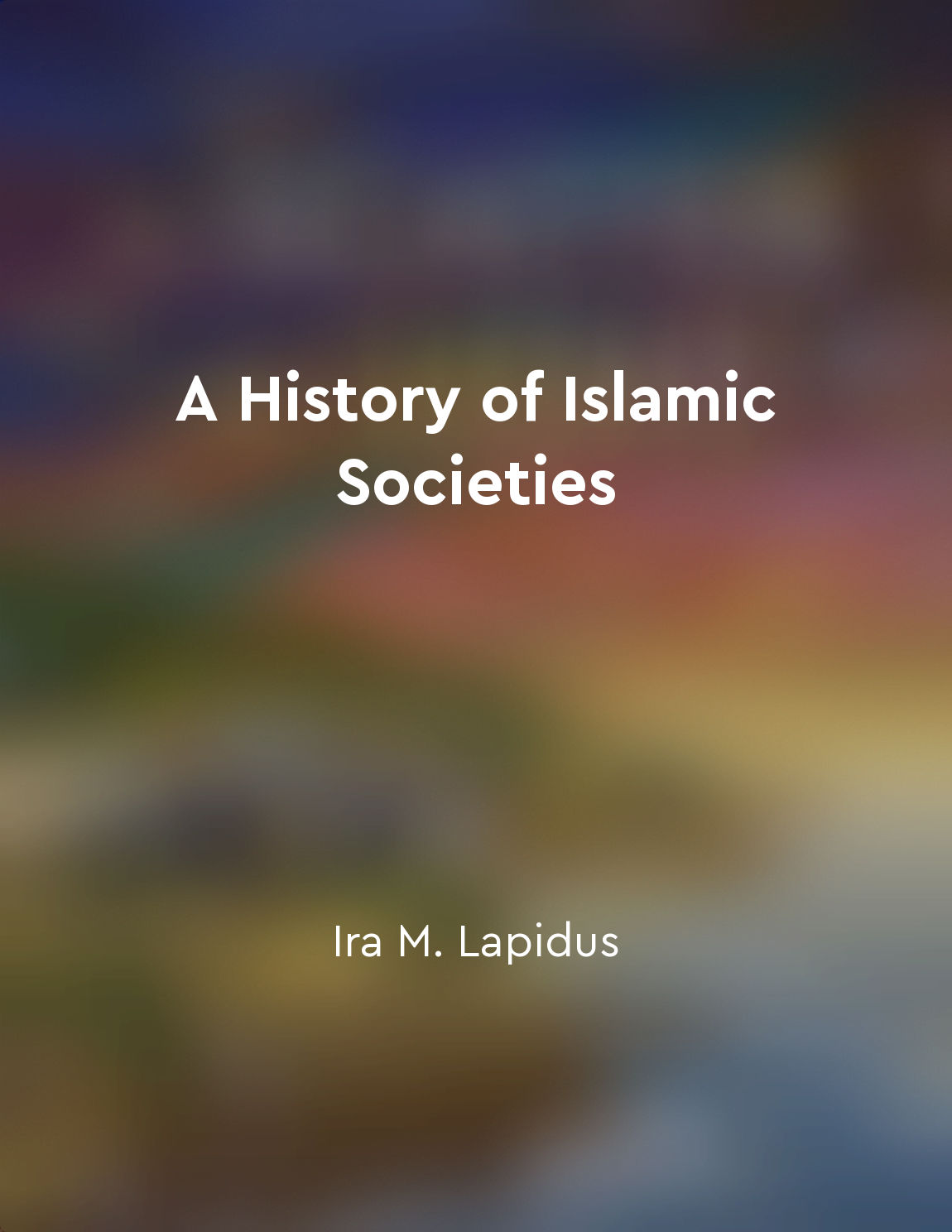The Mongol Invasions disrupted the stability of Islamic societies from "summary" of A History of Islamic Societies by Ira M. Lapidus
The Mongol invasions, which commenced in the early thirteenth century, were a significant turning point in the history of Islamic societies. These invasions, led by the Mongol ruler Genghis Khan and his successors, resulted in widespread devastation and disruption across the Islamic world. Cities were laid to waste, populations decimated, and institutions destroyed. The resulting chaos and instability had far-reaching consequences for Islamic societies. One of the key ways in which the Mongol invasions disrupted the stability of Islamic societies was through the destruction of infrastructure and institutions. Many cities, including Baghdad, one of the most important centers of Islamic learning and culture, were razed to the ground. Libraries, schools, and mosques were destroyed, and countless works of art and literature were lost forever. The loss of these institutions had a profound impact on the intellectual and cultural life of Islamic societies, setting...Similar Posts
Significance of continuous learning and selfimprovement
Continuous learning and self-improvement are essential for personal growth and development. In today's fast-paced world, where ...

Agricultural revolution led to social stratification
The Agricultural Revolution was a turning point in the history of humankind. It transformed societies from small, egalitarian g...

